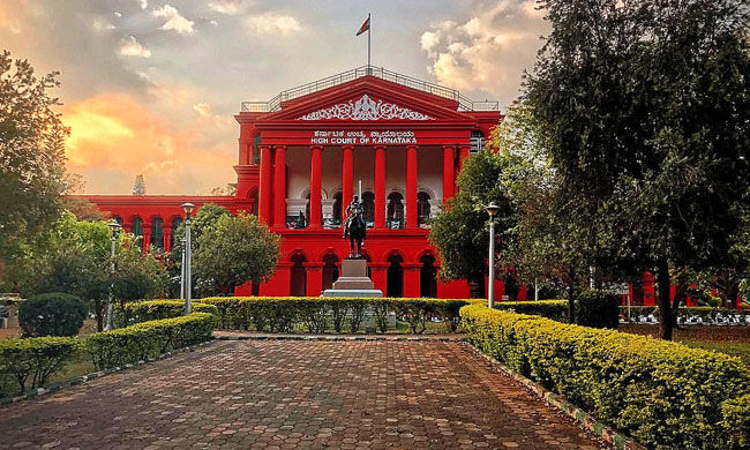Receipt Of Financial Benefits Due To Employee's Death Not A Bar To Seek Compassionate Appointment For Dependents : Karnataka High Court
Mustafa Plumber
23 Jun 2021 7:22 PM IST

The receipt of any terminal benefits cannot and should not be the yardstick to disentitle a dependent member of the family to seek for appointment on compassionate grounds.
Next Story


